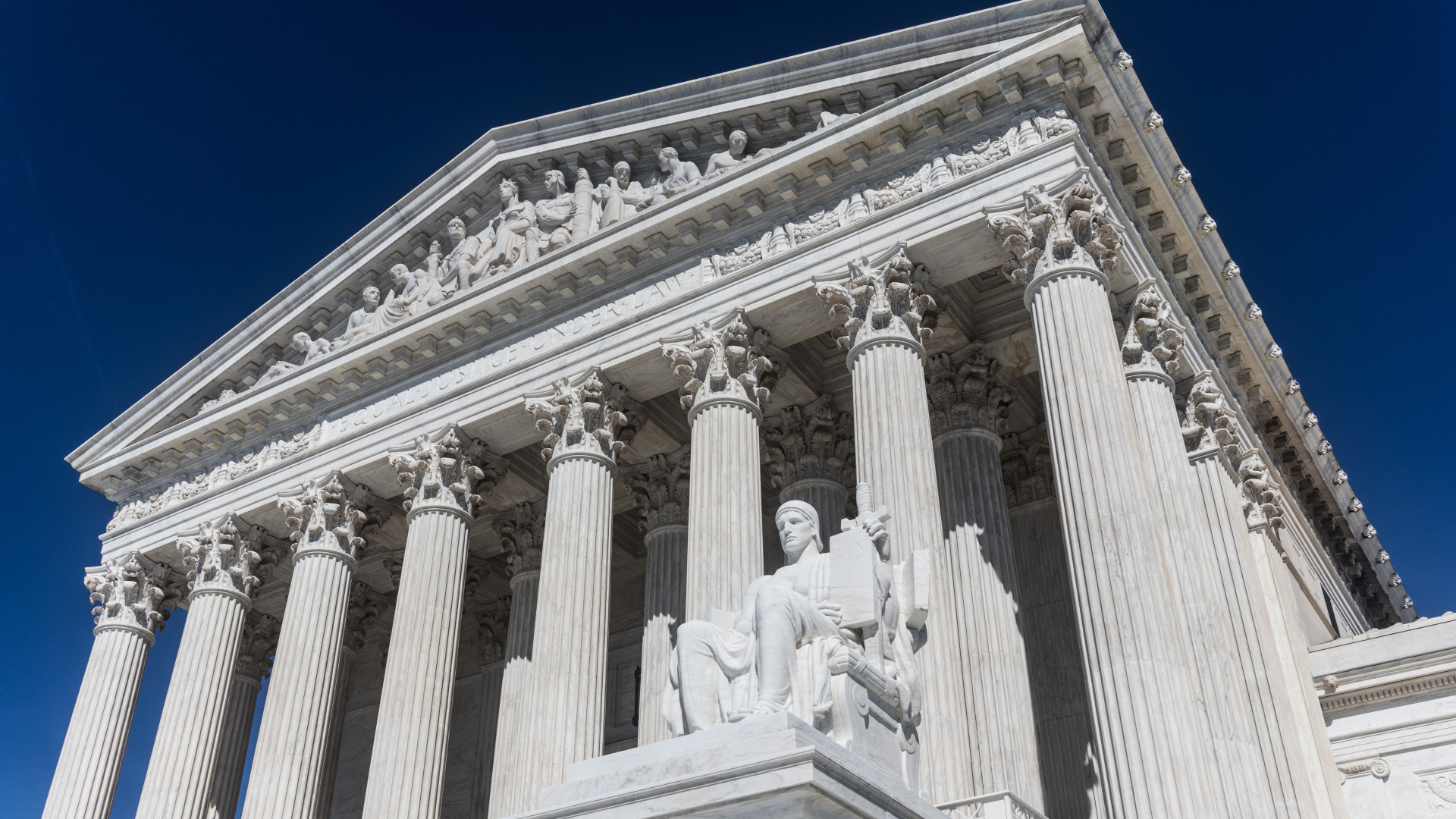
19 Jun Kentucky Supreme Court Ruling Makes It Easier To Recover For Injuries To Children
In Miller v. House of Boom LLC, Ky. 2018-SC-000625-CL (2019), summarized below, the Kentucky Supreme Court recently ruled that a parent cannot waive the potential liability of a for-profit entity on behalf of their minor child. If your child has been injured at a bounce house, trampoline park or similar business, that liability waiver you signed may not prevent or limit your child’s recovery. If your child has been injured at a trampoline park, on a commercial inflatable, or similar business, give us a call to discuss your child’s potential recovery.
The Supreme Court accepted the United States District Court, Western District of Kentucky’s request for certification of law on the following issue, holding that a pre-injury liability waiver signed by a parent on behalf of a minor child is unenforceable under the specific facts of this case.
Mother purchased tickets at a for-profit trampoline park (Park) for her eleven-year-old daughter. Mother checked a box indicating that she had read the Park’s waiver of liability. The daughter proceeded to participate in the Park’s activities but was injured. Mother, as next friend of Daughter, sued the Park for the injury. The Park moved for summary judgment based on Mother’s legal power to waive the rights of her daughter via the release. The district court then requested certification from the Supreme Court as to this novel issue of state law. The Supreme Court held (1) under the common law of this Commonwealth, absent special circumstances, a parent has no authority to enter into contracts on a child’s behalf; and (2) there is no relevant public policy to justify abrogating the common law to enforce an exculpatory agreement between a for-profit entity and a parent on behalf of her minor child.


Sorry, the comment form is closed at this time.